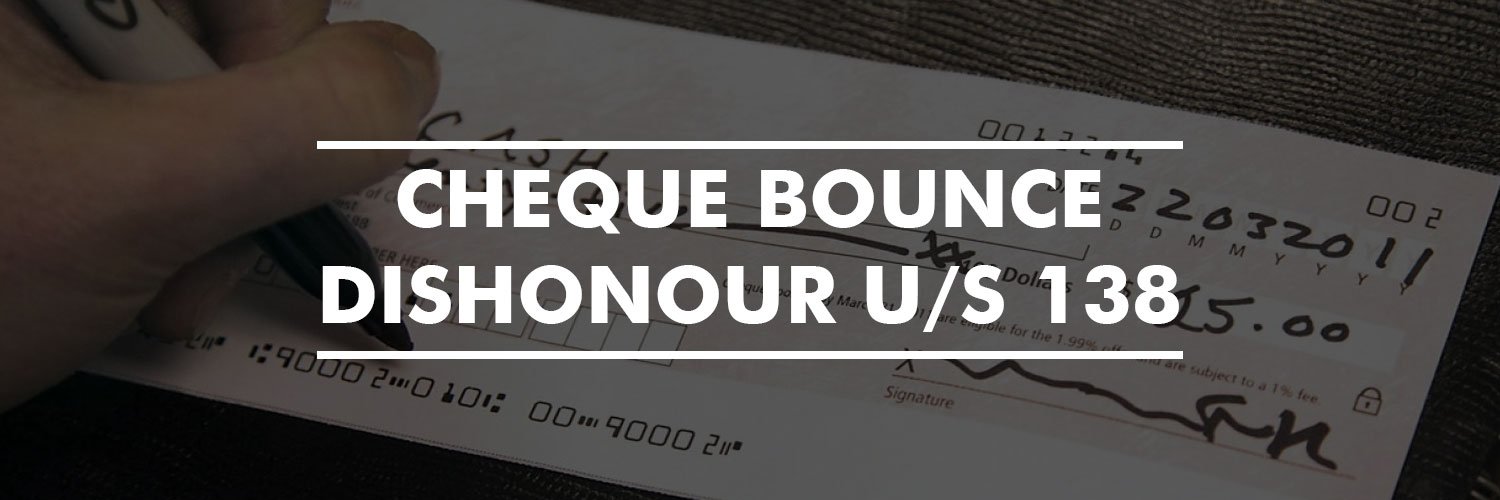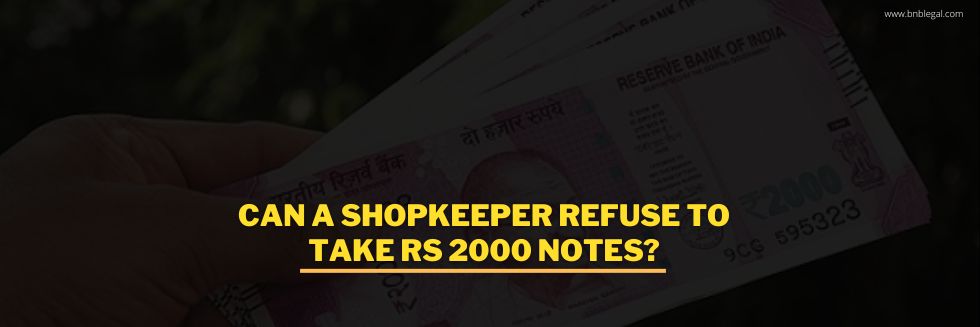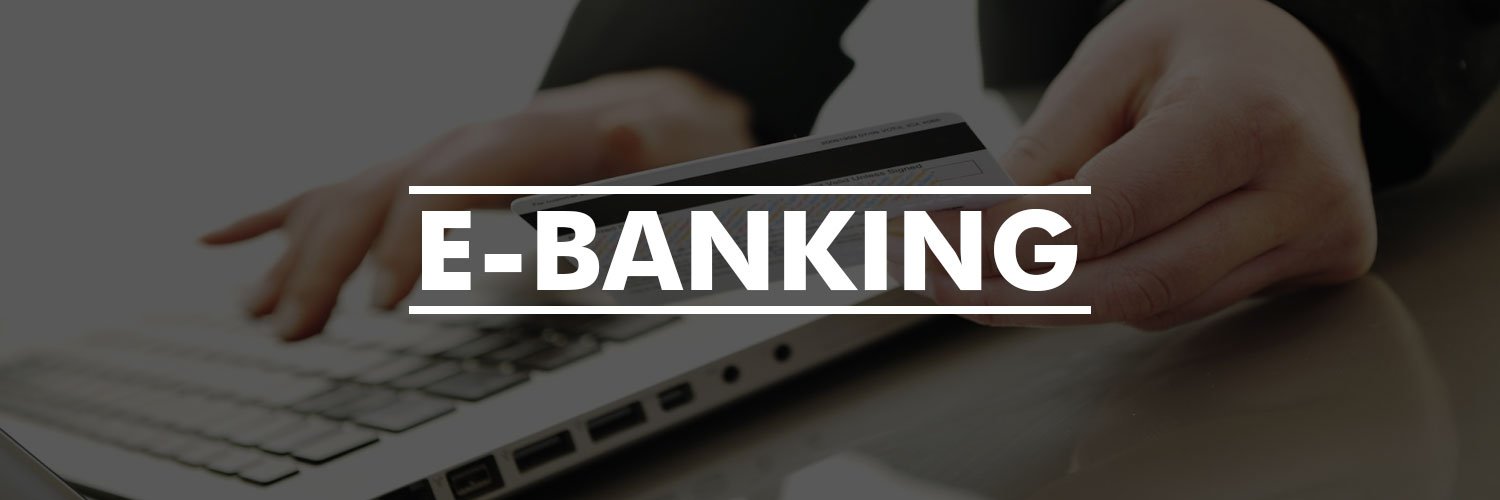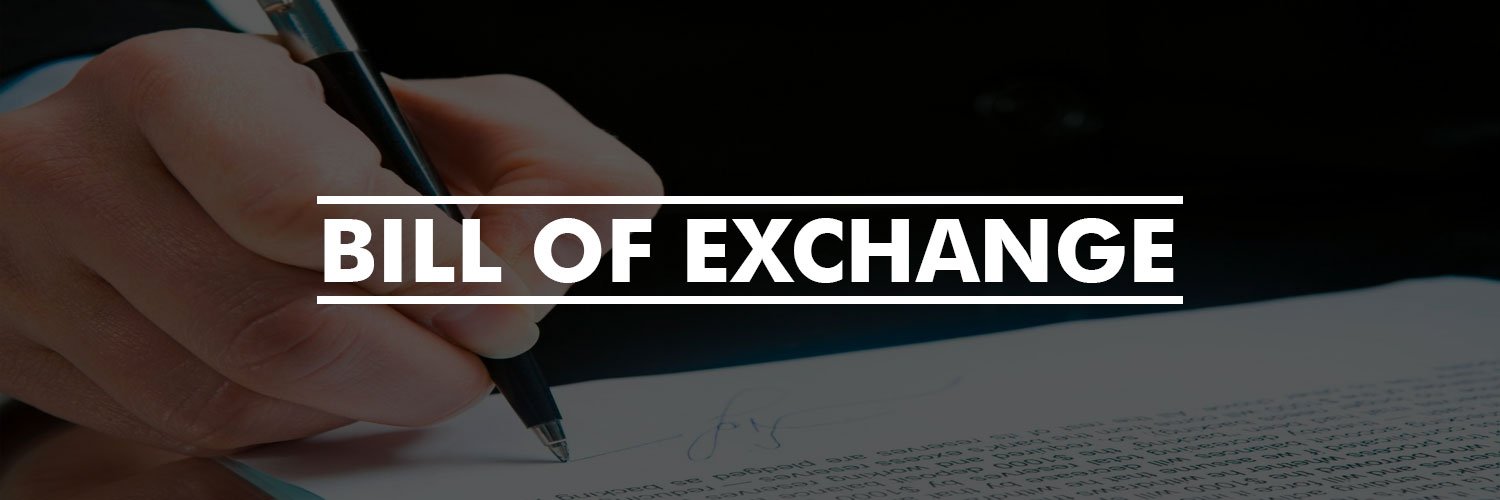Cheque Bounce/ Dishonour u/s 138 of Negotiable Instruments Act, 1881.
This article holistically informs about Cheque Bounce/ Dishonour u/s 138 while highlighting;
- The law.
- The procedure.
- The approach adopted by the best advocates for Cheque Bounce/ Dishonor Cases.
You may open The Negotiable Instrument Act, 1881 for handy reference. In an event of confusion, you may request clarification from our best advocates for Cheque Bounce/ Dishonour cases.
Two words that can bleed your ears ‘Cheque Bounce’!
Even though an offense punishable by two years of imprisonment, cases of cheque dishonor pop-up every minute and are booked under Section 138 of The Negotiable Instruments Act (also referred to as NI Act). A friendly inquiry with someone who works at a public sector bank in a comparatively busy locality revealed that anywhere between 50-100 cheques bounce back on a daily basis. Such atrocious figures raise valid existential questions:
- Who are these Turram Khans?
- Have people completely lost their minds or just chewed and swallowed the fear of imprisonment?
We will answer all, but, let’s start with the basics:
What is a ‘cheque’?
A cheque is a negotiable instrument.
What is a “negotiable instrument”?
As per section 13 of NI Act, a “negotiable instrument” is a promissory note, bill of exchange or cheque payable either to order or to bearer.
But then, what exactly is a “Cheque”?
As per section 6 of NI Act, a “cheque” is a bill of exchange drawn on a specified banker and not expressed to be payable otherwise than on demand.
What on earth is a “bill of exchange”?
As per Section 5 of NI Act, a ‘bill of exchange‘ is an instrument in writing containing an unconditional order signed by the maker, directing a certain person to pay a certain sum of money only to, or to, the order of, a certain person or to the bearer of the instrument.
Is there a simpler meaning of cheque?
Yes of course!
A cheque is a negotiable instrument promised to the payee by the drawer which can be cashed by presenting it at the drawee bank.
This can help you understand better:
‘A’ gives a cheque of Rs. 1000 to ‘B’ drawn against ‘A’s’ account with C’.
‘B’ can present the cheque to ‘C’ demanding the promised amount.
B’s’ bank can present the check to ‘C’ demanding the promised amount.
In both the cases, ‘C’ will honor the check by withdrawing money form ‘A’s’ account with ‘C’.
Can any person or institution issue their own cheque-book for their clients?
No!
Only a financial institution/ bank established under the guidelines of RBI, and in due compliance, can issue cheque leaves or cheque-books to its customers
For how long is a cheque valid in India?
A cheque remains valid for a period of three months from the date of issue.
What happens to a cheque when it expires?
It becomes valueless.
Is a cheque without a date valid?
No. If the date column is left blank, it is mandatory to be filled before it is presented. Or it will be returned.
What is Cheque Bounce or Cheque Dishonor?
When ‘A’s’ account with ‘C’ has insufficient funds, because of which the cheque (which ‘A’ gave to ‘B’ and ‘B’ or B’s Bank presented before ‘C’) drawn against such account gets dishonored on being presented, the drawer’s (A’s) bank (C) issues a “cheque return memo” to the payee (B) or payee’s bank, quoting the reasons as to why the cheque has been dishonored. Payee’s bank then sends the “cheque return memo” to the payee. In laymen terms, it is referred to as “Cheque Bounce”.
What remedies are available to the payee in case of cheque bounce/ cheque dishonor?
If the payee thinks that the cheque can be honored upon resubmission, within the period of its validity, the payee can resubmit the cheque.
What happens if the cheque is dishonored again?
The payee again will receive the cheque memo from the drawer’s bank. In such a case within 30 days of the receipt of the memo, the payee can issue a legal notice to the drawer, demanding him to pay within a period of 30 days of the receipt of the notice.
- The notice should mention the due cheque amount which the payee is required to pay.
What happens if the drawer refuses to pay or ignores the legal notice?
Upon refusal/ default by the drawer to pay the amount, the payee may prosecute and file a complaint u/s 138 of the negotiable instruments act 1881.
- The complaint under section 138 of Negotiable Instruments act should be registered in a magistrate’s court and within 30 days of the expiry of the notice period.
The payee may also prosecute for fraud/ misappropriation, breach of trust, cheating, harassment or any other crime of which he has been a victim.
Further analysis of section 138 of the Negotiable Instruments Act:
Dishonor of cheque for insufficiency etc. of funds in the accounts:
Where any cheque drawn by a person on an account maintained by him with a banker for payment of any amount of money to another person from out of that account for the discharge, in whole or in part, of any debt or other liability, is returned by the bank unpaid, either because of the amount of money standing to the credit of that account is insufficient to honor the cheque or that it exceeds the amount arranged to be paid from that account by an agreement made with that bank, such person shall be deemed to have committed an offence and shall without prejudice to any other provisions of this Act, be punished with imprisonment for a term which may extend to one year, or with fine which may extend to twice the amount of the cheque, or with both:
PROVIDED that nothing contained in this section shall apply unless:
(a) the cheque has been presented to the bank within a period of six months from the date on which it is drawn or within the period of its validity, whichever is earlier.
(b) the payee or the holder in due course of the cheque, as the case may be, makes a demand for the payment of the said amount of money by giving a notice, in writing, to the drawer of the cheque, within fifteen days of the receipt of information by him from the bank regarding the return of the cheque as unpaid, and
(c) the drawer of such cheque fails to make the payment of the said amount of money to the payee or, as the case may be, to the holder in due course of the cheque, within fifteen days of the receipt of the said notice.
Explanation:
For the purpose of this section, “debt or other liability” means a legally enforceable debt or other liability.
Further, section 139 of The Negotiable Instruments Act, 1881 rules the presumption in favor of the holder:
It shall be presumed, unless the contrary is proved, that the holder of a cheque received the cheque of nature referred to in section 138 for the discharge, in whole or in part, of any debt or other liability.
Therefore, if the signature is admitted by the accused, the court shall presume that the cheque was issued for a consideration due upon the accused on the date it was issued and the cheque bearer received it for a discharge of a debt. The burden of proof, therefore, is on the accused to rebut the aforesaid presumption by proving that the cheque was dishonored because no legal or valid consideration was due to the accused.
A notable judgment in this reference is
Bhaskaran, Appellant v. Sankaran Vaidhyan Balan, AIR 1999
Validity for prosecution in Cheque bounce/ dishonour u/s 138:
- The cheque should have been drawn by the accused on his account or the account maintained by him.
- The reason for return/ dishonor should be ‘Insufficient funds’ in the drawer’s account, or, the amount in cheque should have exceeded the limit allowed to the drawer.
- The cheque should have been issued towards discharge of a valid debit or legal liability, in whole or in part.
- Whichever is earlier, the cheque should have been presented within three months from the date on which it was drawn, or, within the period of its validity.
- The cheque should not have been drawn as a gift cheque.
- The complainant should have served the notice upon the accused within 30 of receiving the return memo, demanding the accused to pay for the amount in the cheque.
- The accused should not have complied with the notice or paid within the stipulated period of time.
The procedure of law in Cheque Bounce/ Dishonour u/s 138 of Negotiable Instruments Act, 1881:
- A complaint is filed along with the relevant paper trail and an affidavit in support.
- The court issues summons and fixes date to hear the matter.
- If the accused ignores or avoids summon, the court may direct to issue the summons at an alternate address or may order bailable warrant against the accused.
- If the accused yet ignores or avoids the bailable warrant, the court may order non-bailable warrants.
- If the accused still does not appear, the court may declare the accused as proclaimed offender.
- The court may upon finding the accused guilty as charged, may proceed ex-parte, and pass the final order.
If the accused is aggrieved and maintains that the complaint made against him is false. The accused may plead not-guilty and pursue the trial:
- The cheque is forged.
- The cheque is obtained by fraud, force, coercion, blackmail, misrepresentation and through any other illegal method.
- The cheque is of greater value than the consideration due.
- The cheque was issued without a date.
- The complainant is not a bonafide complainant.
- The complainant has concealed material fact(s) in the complaint.
- The cheque was issued for a consideration other than for what it was being presented.
- There has been a lapse in the contract by the complainant.
- The object of the contract between the parties was not legal.
- The cheque was issued in absence of legal or valid liability.
- The cheque was a gift cheque.
- The accused became insolvent after the cheque was issued.
PUNISHMENT:
- The offender can be punished with a monetary penalty which may be twice the amount of the cheque or imprisonment for a term which may be extended to two years or both.
- The bank also has the right to stop the checkbook facility or close the account.
It is to be noted that if a drawer makes the required payment within 30 days from the date of receipt of the legal notice, or both the parties settle their dispute within that period, (Dayawati v. Yogesh Kumar Gosain) and file a quashing before the High Court with a settlement and complainant’s affidavit in support, or if the accused gets the complaint case quashed by the High Court on merit, in such a case, the accused is not held liable for the offense.
What is a Prima-facie case under section 138 of The Negotiable Instruments Act, 1881?
Prima-facie literally means – on the face of it. Which means on receiving a complaint on the face which it appears that the accused has erred in discharging his legal liability (also in view of section 139), the magistrate has to issue the summoning order upon the accused, demanding the presence of the accused, thereby instituting the complaint case.
After the summoning order is passed, at this very nascent stage, the accused starts feeling perturbed and are often seen approaching the court of sessions, forgetting the summoning orders reviewed. And they generally tender arguments based on the merits of the case. However, as the court of sessions, while deciding as to whether the magistrate was correct in summoning the accused, or not, shall again have to weigh the possibility of a prima-facie case against the accused, and without getting into the merits of the case, shall have to pass the order.
Is there any effective relief for the person falsely accused in Cheque Bounce/ Dishonour u/s 138?
In case an accused is aggrieved by a malicious complaint filed against him, the best option is to invoke the jurisdiction of the High Court u/s 482, CrPC read with article 227 of the Constitution of India, whereby, the High Court has a broad range of powers to intervene and prevent miscarriage of justice and includes supervision over subordinate judicial body. The high court’s intervention may be sought for getting a malicious complaint quashed based on the merits of the case.









